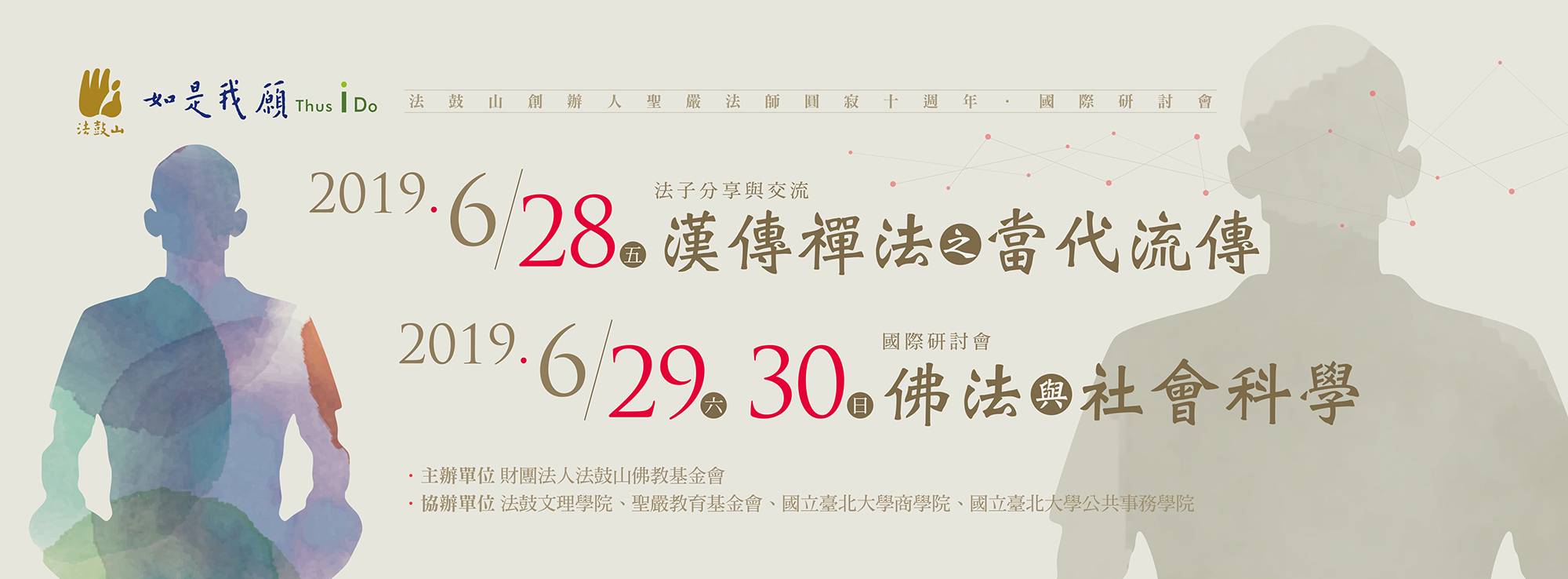Karma, Social Justice and Lessons from Anti-Oppressive Practice for Buddhist Practitioners
Wei Wu Tan
Traditional Buddhist narratives on inequality are based on the doctrine of karma. While the doctrine of karma or the belief in some universal moral law spanning the past, present and future is an inalienable and essential part of Buddhism, conventional narratives of karma tend to be reductive. When used unskilfully, such narratives could be construed in sociological terms as victim-blaming, as many studies have shown. Moreover, these narratives are often conservative in that they could be seen as order or status-quo preserving. This article reviews the karma conundrum and modern Buddhist responses to the challenges it poses. It is argued that in modern societies where social justice is increasingly becoming the dominant discourse and where the struggle against inequality is being carried out across all differentiating categories that may lead to discrimination and oppression, a more nuanced Buddhist discourse on inequality and social change is necessary. To this end, it builds on past attempts to find a doctrinal basis for social justice from the Buddhist perspective by exploring a Buddhist narrative of social justice based on the doctrine of equality in terms of Buddha nature, the doctrine of change in terms of conditional arising, and the doctrine of action in terms of Samantabhadra’s 9th Vow. Within such a narrative, effecting changes towards a world without oppression is imperative. It then explores the relevance of anti-oppressive practice (AOP) in social work to Buddhist practitioners, focusing on the concept of intersectionality – multiple and intersecting aspects of identity. It examines how the concept of intersectionality may be used to bring unconscious biases to our awareness and force us to confront our privileges. Finally, it places the eightfold path within the context of AOP and argues that judicious use of ideas and practices from AOP can inform Buddhist practitioners of the need to examine their roles in perpetuating oppressive social relations. Such an awareness may help them deepen their practice of selflessness and better realize the bodhisattva path.
